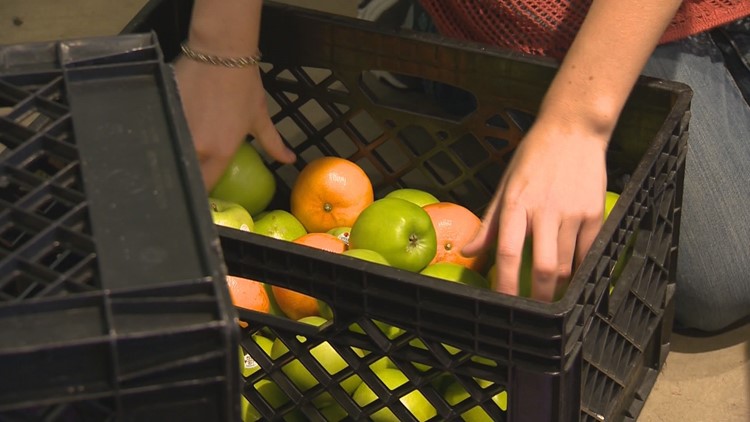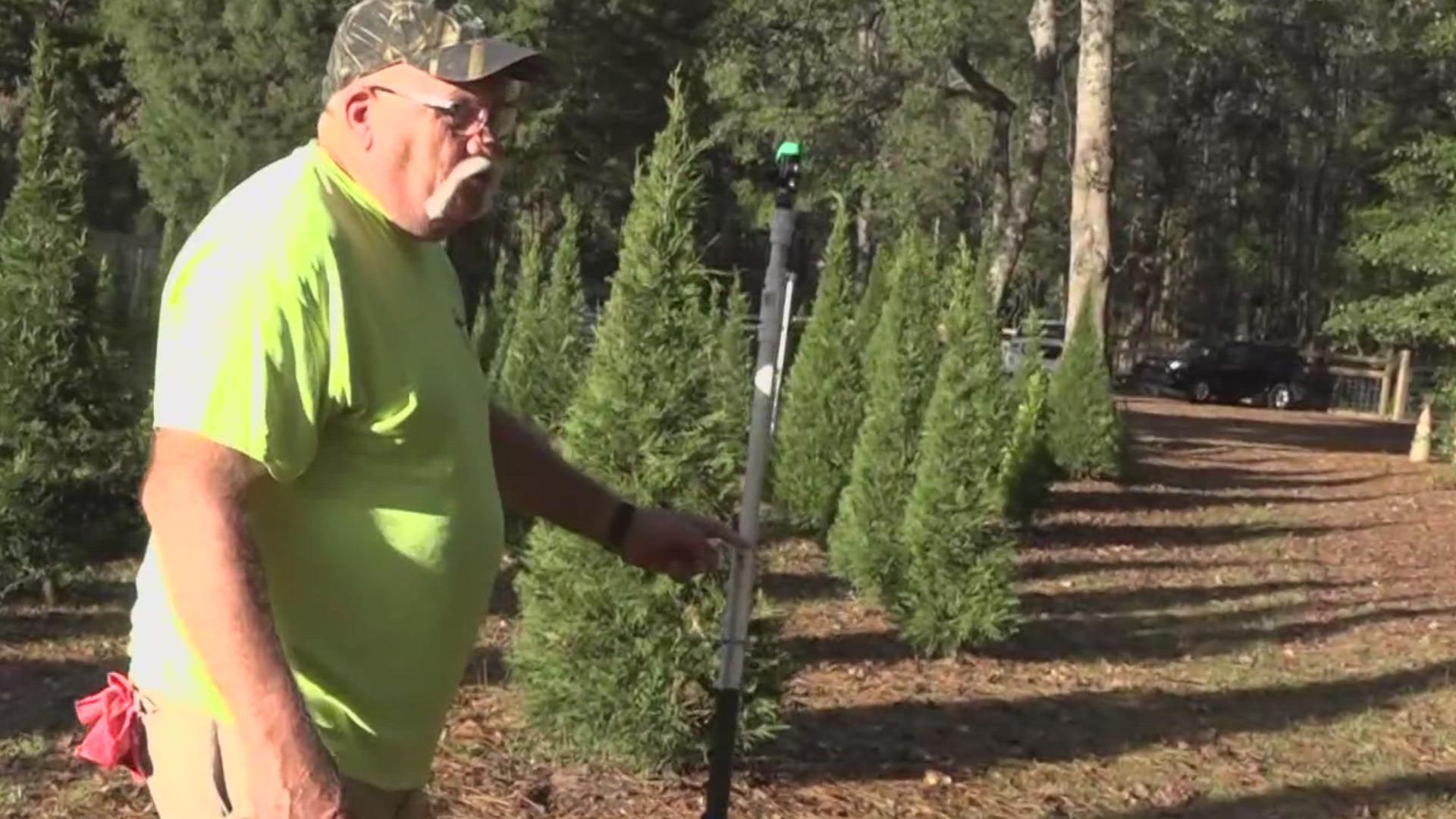COLUMBIA, S.C. — After Hurricane Helene in September 2024, many residents of South Carolina lost not only their homes and businesses but the food in their refrigerators, freezers and cupboards. To that end, on November 1, the US Department of Agriculture (USDA) approved 28 counties in South Carolina eligible for disaster supplemental nutrition assistance program (DSNAP) funds under the Robert T. Stafford Disaster Relief and Emergency Assistance Act. DSNAP benefits are provided via an electronic debit-like card and can be used to purchase food items at authorized SNAP retailers.
However, officials said food loss alone will not qualify someone for DSNAP. Residents in qualified counties who meet DSNAP income guidelines may be eligible if they saw damage or destruction to their home, lost or could not access income due to reduction, termination or delay, or suffered disaster expenses that are not expected to be reimbursed during the disaster relief period. Examples of these include home and business repairs, temporary shelter and evacuation.
Applicants should be prepared to provide proof of identity, address and income. They should also be able to prove the value of unreimbursed damages directly related to the storms and their loss or inability to access income become of them.
Because of the sheer number of eligible households in those counties whose food supplies were affected by the storm, South Carolina's Department of Social Services (DSS) will be handling DSNAP implementation in two phases:
- Phase One includes Aiken, Allendale, Anderson, Bamberg, Barnwell, Beaufort, Cherokee, Hampton, Laurens, McCormick, Saluda, Spartanburg, Union, and York counties. Pre-Registration for Phase One is closed.
- Phase Two includes Abbeville, Chester, Edgefield, Fairfield, Greenville, Greenwood, Jasper, Kershaw, Lexington, Newberry, Oconee, Orangeburg, Pickens, and Richland counties. Pre-Registration opened on Sunday, November 17, 2024, and closes at the end of business on Thursday, November 21, 2024.
If your home is in one of the Phase Two counties and you meet the DSNAP income guidelines, you may be eligible for DSNAP funds if the household experienced AT LEAST ONE of the following conditions as a direct result of the September 27 storms:
- Damage to or destruction of the home.
- Loss or inaccessibility of income including a reduction or termination of income or a significant delay in receiving income due to disaster related problems.
- Disaster-related expenses (home or business repairs, temporary shelter, evacuation, etc.) that are not expected to be reimbursed during the disaster benefit period.
Residents who believe they qualify can pre-register online until the window closes on Thursday. DSS encourages applicants to include as much information on the pre-registration form as possible, including their county of residence, date of birth, current contact information and a photo of their South Carolina Driver's License or identification card. Otherwise, the applicant may have to apply in person once onsite events begin.
Telephone interviews for pre-registered homes in Phase Two counties begin on Monday, Nov. 18 and run through Thursday, Nov. 21. In-person events will be held from Dec. 2 to Dec. 6 for people who can't pre-register and complete a phone interview.
DSS stressed that online pre-registration and interviews cannot be completed at a local DSS office, and visits and calls to those offices will not speed up the process for DSNAP.
DSS said current SNAP recipients aren't eligible for DSNAP but may still be able to receive a disaster supplement if their monthly SNAP benefit is less than the maximum monthly allotment based on household size. SNAP recipients in several impacted counties who qualify should have received a supplement on their EBT cards on or before Nov. 13.
SNAP recipients in Kershaw County who suffered a disaster loss can go to a designated site from Dec. 11-13 and file an "Affidavit of Loss" to request a supplement to their October SNAP benefits.



